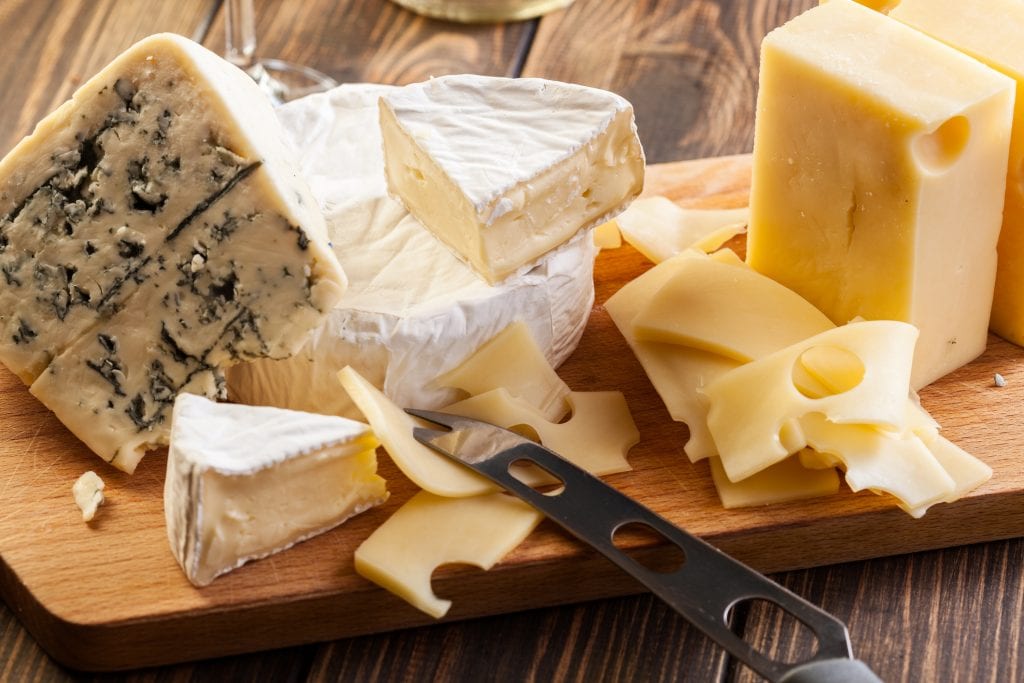
Levola Hengelo BV v Smilde Foods BV
Last year, a Dutch cheese producer took a rival company to court for copyright infringement over its “copycat cheese”. The accuser, Levola, which produces a spread called Heksenkaas (translated to Witch Cheese) claimed that their rival Smilde’s cream dip, Witte Wievenkaas, had the exact same taste as their spellbinding spread and that, as intellectual property, it was protected by copyright.
As a result, they demanded that the Courts tell Smilde to cease production. However, unfortunately for the makers of the spreadable dip, the outcome was not a gouda one. The Court of Justice of the European Union (CJEU) decided that the taste of a food product cannot actually be protected by copyright.
Now that I’ve whet your appetite, let’s look further into the case and into copyright law in general.
What is Copyright?
Copyright protects intellectual property. It does not have to be registered. Unlike a trademark, it arises automatically when a work is created.
As a negative right, copyright gives the creator of the work the right to prevent copying of their creative output for a limited period. In the UK copyright law, for example, states this as 70 years after the creator’s or artist’s death. It then enters the public domain.
Although we know that literary, musical and dramatic works are all copyrightable, there are some works for which their rights are not clear, for instance with perfumes and, as in this case, the taste of a specific food product.
Areas of Legal Practice - Types of Law FREE GuideA Brie-f Overview of the Levola Hengelo BV v Smilde Foods BV Copyright Case
It began in the Dutch National Courts where the two similar spreadable cheeses were pitted against each other. Levola, of course, was suing Smilde for copyright infringement but there were no set guidelines as to whether the taste of the cheese could even be copyrighted.
The Dutch Court asked the big cheeses in Luxembourg, the CJEU, for a preliminary reference. This is what happens when a National Court of an EU Member State needs clarification in interpreting EU Law. In this case, the law was the Copyright Directive 2001/29/EC.
The Copyright Directive states that to be eligible for copyright protection, the creation in question must be able to be classified as a work. For it to be classified as a work there are two requirements: it must be an original intellectual creation, and there must be an expression of that creation.
On this latter point, the taste of a food product falters. Taste cannot be identified with sufficient precision and objectivity. It is a subjective experience based on the individual eating the product, ruled the CJEU. In other words, there is no way of precisely measuring taste. So if taste cannot be classified as a work, it was clear that Levola would be unable to sue Smilde on the basis that their cheese spread tastes the same.
*Note that if the two companies’ packaging was identical, or if they were using the same manufacturing processes, Levola could make a claim for infringement of a trademark or even patents – but this is a distinct issue.*
What Type of Law Student are You? - QuizWhere Does This Leave Us?
Levola’s claim that its cheesy spread had been infringed was based on another Dutch ruling back in 2006: Lancôme v Kefoca. In this case, the Dutch Supreme Court ruled that the smell of a perfume could potentially be copyrighted. But, in light of this recent decision, it seems that sensory works such as taste and smell are very tricky to protect.
Future CJEU rulings will provide clarification, and I’m curious to see how influential this ruling will be. But, in the UK, copyright is governed primarily by the Copyright, Designs and Patents Act 1988 which has relatively strict interpretations of what can be copyrighted. So after we leave the EU, this Act combined with the persuasiveness of this CJEU ruling means my guess is that it is unlikely the taste of a food product will be copyrightable any time soon.
Written by Verity Spragge
Other copyright-related articles
- Fashion, Music and Intellectual Property: #tshirtgate
- Kim Kardashian’s Suspect Copyrighting Case
- 3 Areas of Law You’ve Never Considered
